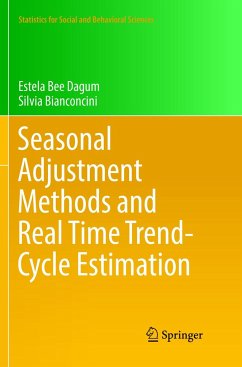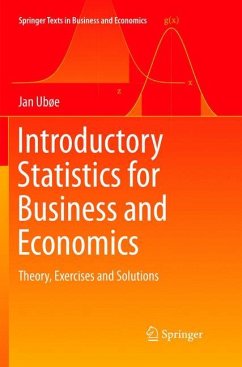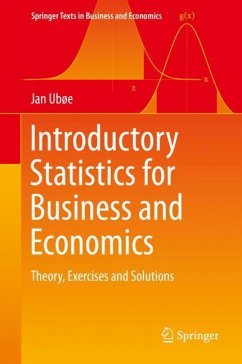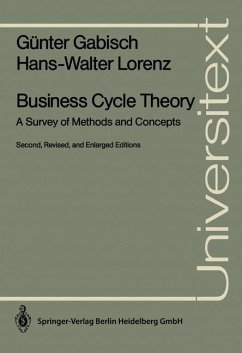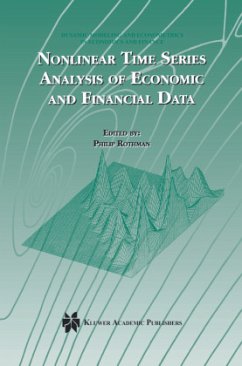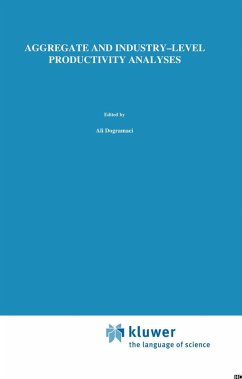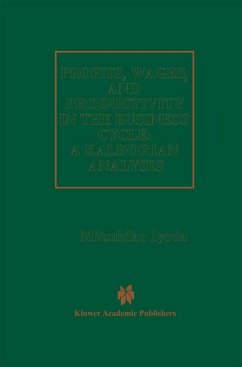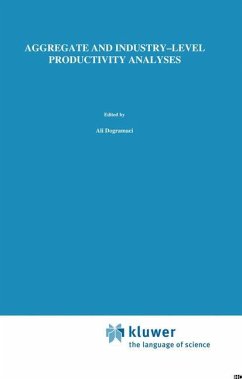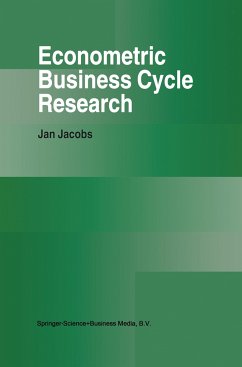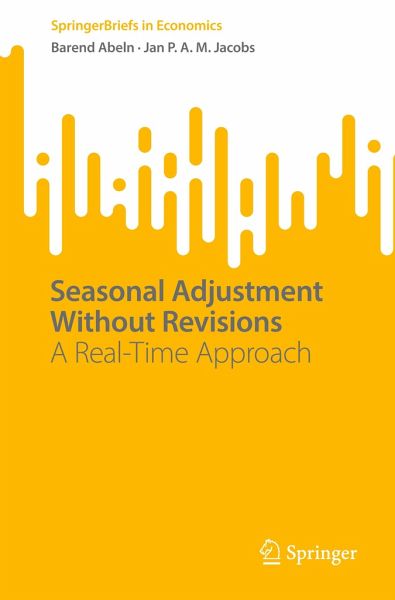
Seasonal Adjustment Without Revisions
A Real-Time Approach

PAYBACK Punkte
19 °P sammeln!
Seasonality in economic time series can "obscure" movements of other components in a series that are operationally more important for economic and econometric analyses. In practice, one often prefers to work with seasonally adjusted data to assess the current state of the economy and its future course.This book presents a seasonal adjustment program called CAMPLET, an acronym of its tuning parameters, which consists of a simple adaptive procedure to extract the seasonal and the non-seasonal component from an observed series. Once this process is carried out, there will be no need to revise the...
Seasonality in economic time series can "obscure" movements of other components in a series that are operationally more important for economic and econometric analyses. In practice, one often prefers to work with seasonally adjusted data to assess the current state of the economy and its future course.
This book presents a seasonal adjustment program called CAMPLET, an acronym of its tuning parameters, which consists of a simple adaptive procedure to extract the seasonal and the non-seasonal component from an observed series. Once this process is carried out, there will be no need to revise these components at a later stage when new observations become available.
The authors describe the main features of CAMPLET, evaluate the outcomes of CAMPLET and X-13ARIMA-SEATS in a controlled simulation framework using a variety of data generating processes, and illustrate CAMPLET and X-13ARIMA-SEATS with three time series: US non-farm payroll employment, operational incomeof Ahold and real GDP in the Netherlands. Furthermore they show how CAMPLET performs under the COVID-19 crisis, and its attractiveness in dealing with daily data.
This book appeals to scholars and students of econometrics and statistics, interested in the application of statistical methods for empirical economic modeling.
This book presents a seasonal adjustment program called CAMPLET, an acronym of its tuning parameters, which consists of a simple adaptive procedure to extract the seasonal and the non-seasonal component from an observed series. Once this process is carried out, there will be no need to revise these components at a later stage when new observations become available.
The authors describe the main features of CAMPLET, evaluate the outcomes of CAMPLET and X-13ARIMA-SEATS in a controlled simulation framework using a variety of data generating processes, and illustrate CAMPLET and X-13ARIMA-SEATS with three time series: US non-farm payroll employment, operational incomeof Ahold and real GDP in the Netherlands. Furthermore they show how CAMPLET performs under the COVID-19 crisis, and its attractiveness in dealing with daily data.
This book appeals to scholars and students of econometrics and statistics, interested in the application of statistical methods for empirical economic modeling.





